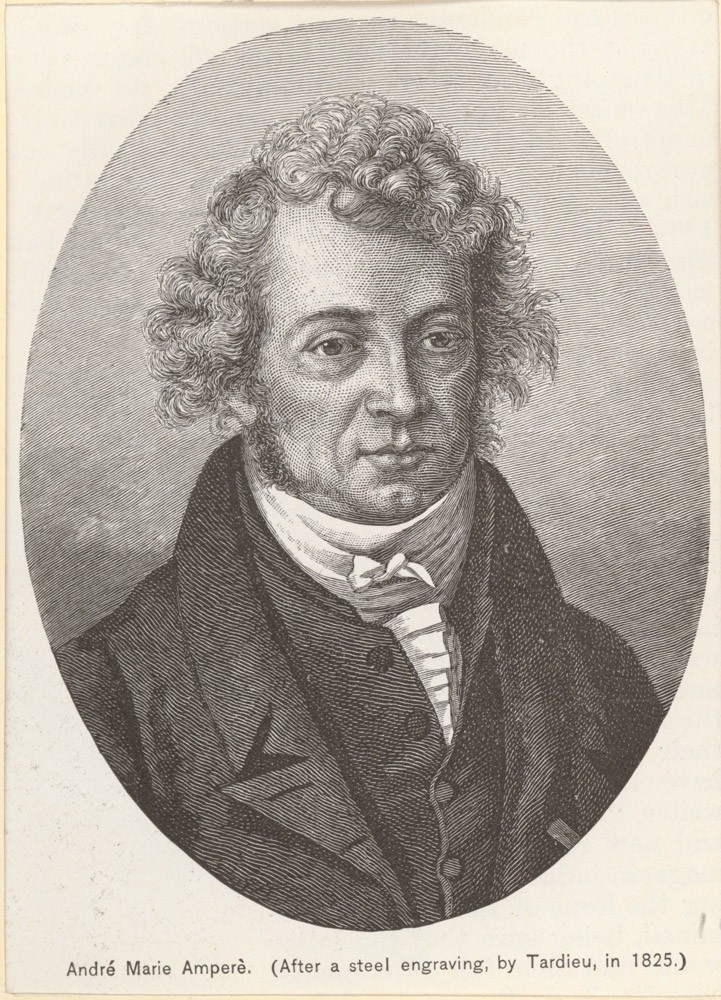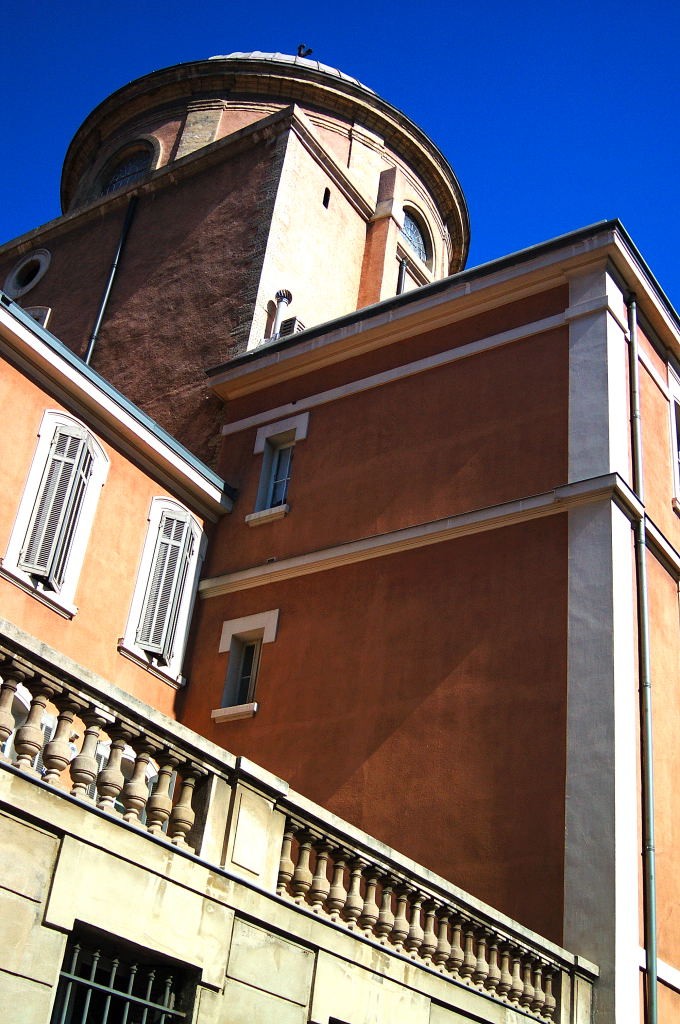ITER NEWSLINE
85
The lonesome death of André-Marie Ampère
Robert Arnoux
The lonesome death of André-Marie Ampère

André-Marie Ampère

The lycée Thiers in downtown Marseille — the "collège royal" at the time of Ampère's death.
A secondary school teacher in provincial Bourg-en-Bresse, not far from Lyon, then a professor at the Ecole Polytechnique and College de France in Paris, Ampère's interests embraced much more than math, chemistry and physics: his intellectual passions ranged from botany to metaphysics and—years before Darwin formulated his theory—the evolution of species.
A giant in his time, a member of the French Academy of Sciences and of the London and Edinburgh Royal Societies, Ampère remained a simple and rather poor man all his life.
In 1808, the Imperial government provided him with the position of General Inspector of Education, a grandiloquent title for a rather menial job. Ampère was to spend the subsequent years travelling from lycée to lycée, "inspecting" teacher and student performance. This mission, carried out under early 19th century travel conditions, was to exact a heavy toll on his health.
On 30 May 1836, after years of being chronically ill, Ampère arrived at the Collège Royal—now the Lycée Thiers—in Marseille to perform yet another inspection. There, his condition worsened and doctors, called to his bedside, diagnosed a pulmonary infection and ordered absolute rest. But the 61-year-old Inspecteur Général was already too diminished. He spent the last days of his life lying in bed in the Principal's apartment, asking to be read history and philosophy books. He died in the early hours of 9 June, away from his family in a city that was foreign to him.
The local professors, the members of the Marseille Academy, and a couple of officials from the local Delegation of the Ministry of Education gathered at his funeral. The local newspapers noted that the "principal authorities in the city had not deemed necessary to follow the casket of a savant who had brought so much honour to the Nation." André-Marie Ampère was buried in the Saint-Charles Cemetery in Marseille, which now no longer exists. Some thirty years later, his remains were transferred to the Montmartre Cemetery in Paris to rest next to his son.
His tombstone was inscribed with this epitaph: "He loved the human kind; he was simple, good and grand."
return to Newsline #85



